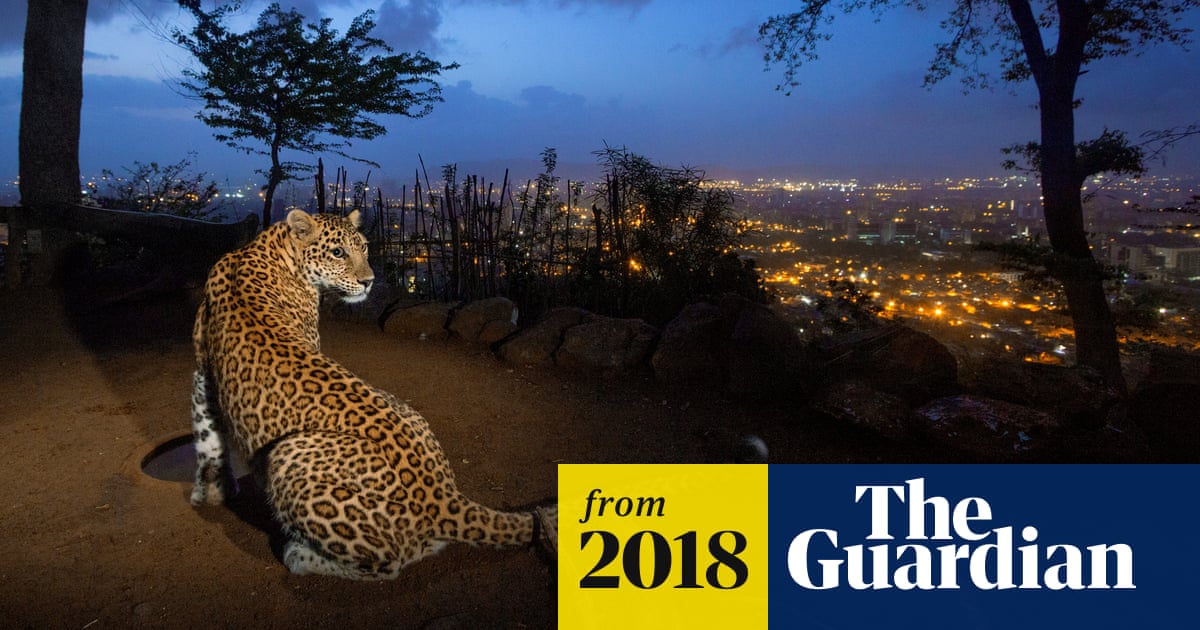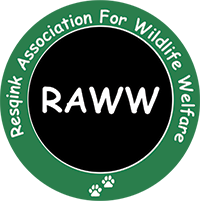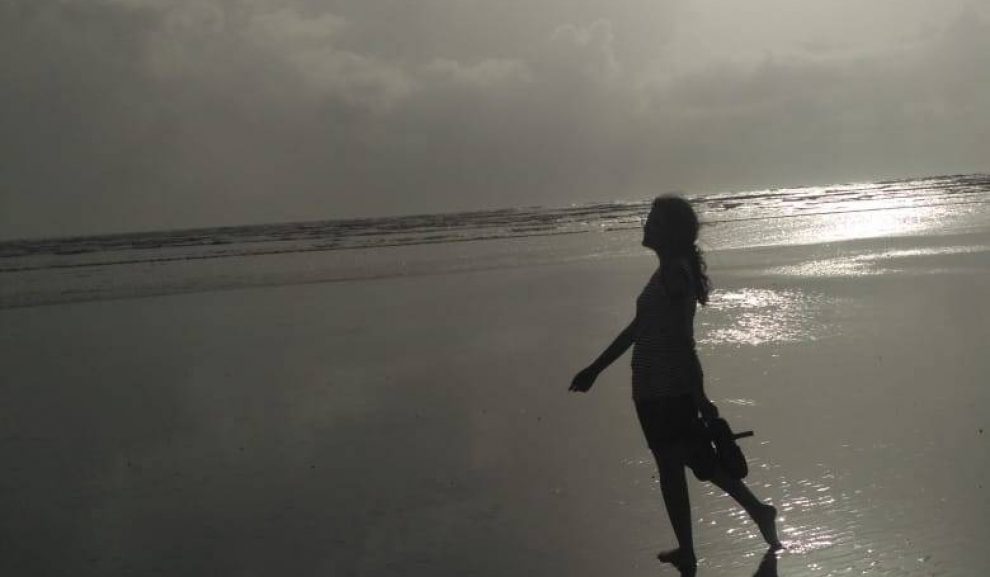This article fetched me the 1st prize in Tour De Force article writing competition by Alumni Relations Cell, SBM, NMIMS Mumbai (March 2021)
Mumbai is the city of dreams, both for humans, and certain animal species.
Got you there, huh?
Well, with a population of 20 million, Mumbai is the 2nd most populous city in India, with over one lakh strays roaming the streets. But that’s not all. The city is home to hundreds of thousands of birds, snakes, jackals and leopards (You can find them sneaking out from the Sanjay Gandhi National Park and the Aarey Forest).
But why are wild animals entering into the city in the first place?
- Habitat destruction and fragmentation
- They are utilising human food sources, birdfeeders, pet food and garbage.
- They are slowly learning to adapt to human environment and have a high level of tolerance

Amid the COVID 19 pandemic, even though humans were locked down, their actions continued to prove fatal to wildlife. Glue traps, ghost nets, plastic pollution, fishing lines & speeding vehicles continued to kill wildlife more than ever.
And that’s where my Tour de Force moment comes in.
I am associated with RAWW (Resquink Association for Wildlife Welfare), an organisation that deals with human-animal conflict mitigation and works towards urban wildlife conservation. The team has rescued over 20,000 animals since 2013, with over 1,600 animals rescued during the pandemic itself. They rescue, rehabilitate, provide immediate treatment and temporary foster care to the wild animals, birds, and reptiles in the city and ensure that they are released into their natural habitats.

I joined their team online in June 2020 and while I could not get an opportunity to work onsite because of the COVID restrictions, I still managed to play a key role in each and every rescue operation. Having worked with their Awareness department, I was fortunate enough to be a part of the awareness campaigns in schools and colleges and was instrumental in creating social media posts.
Having been an ardent fan of biology since my childhood, I remember bringing back bones and snakeskin, unidentified mushrooms and discoloured plants back home in order to study them. But then, life happened, and I joined an engineering college. All these years, I was yearning to work for something I am truly passionate about and RAWW gave me that platform. I have learnt so much about wildlife patterns and rescue in the last one year!
The volunteers take a lot of risks, travelling throughout the city to save distressed animals. Field volunteers are crucial in maintaining both, the safety of the humans in the vicinity and the animals, while also keeping themselves alert and careful. These volunteers are usually students who manage studies along with the full-time work of rescuing and taking care of animals.

While the team was taken aback with the sudden impact of the pandemic, they never compromised on the rescue efforts. I have witnessed the ultimate and most efficient use of managerial skills to utilise existing resources to the fullest, during emergencies.
- First and foremost, we procured written permissions from the Forest Department to continue wildlife rescue operations.
- Keeping in mind the difficult situation, we created a COVID Lockdown Response Team with 22 members including rescuers, vets and fosters, and put them on a rota basis, so that none of them would be overworked. All these personnel are active workers even today.
- Feeding in-house animals (injured animals under treatment and observation) was a challenge but was taken care of efficiently.
The team has been absolutely relentless in maintaining its track record and has shined brighter and brighter. The organisation is well known across the state of Maharashtra and people who encounter any animal emergency, reach out to them first. I am proud to have worked for the wellbeing of animals, while also acquiring new skill sets!
NOTE:
All the references have been taken in from RAWW’s official website: https://www.raww.in/, and from curated quarterly and annual reports by the organisation, compiled by Ms Ritu Sharma.
Regards
Debashrita 🙂

